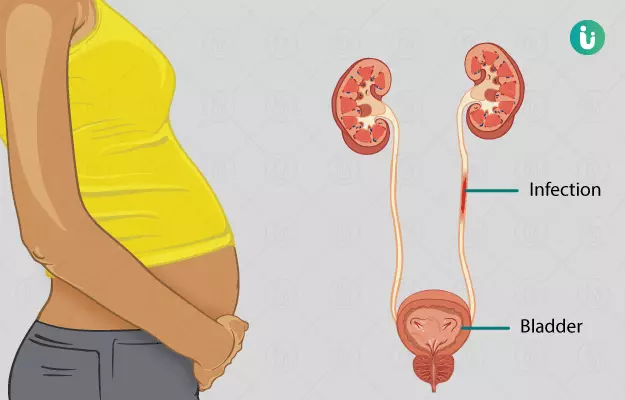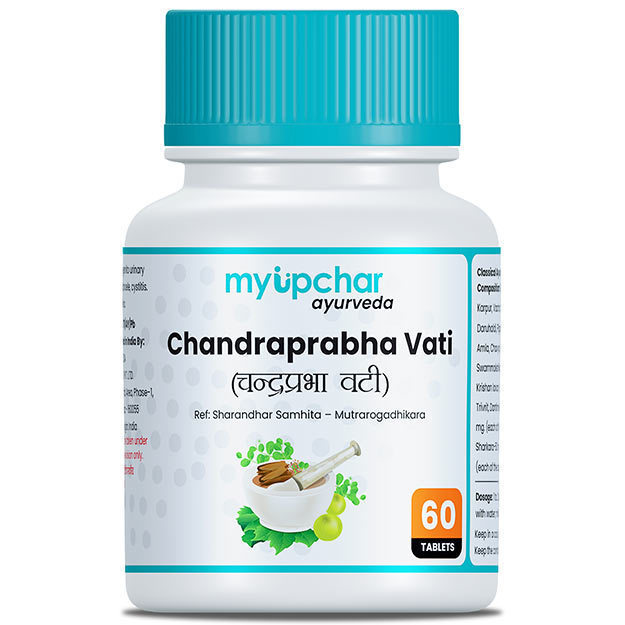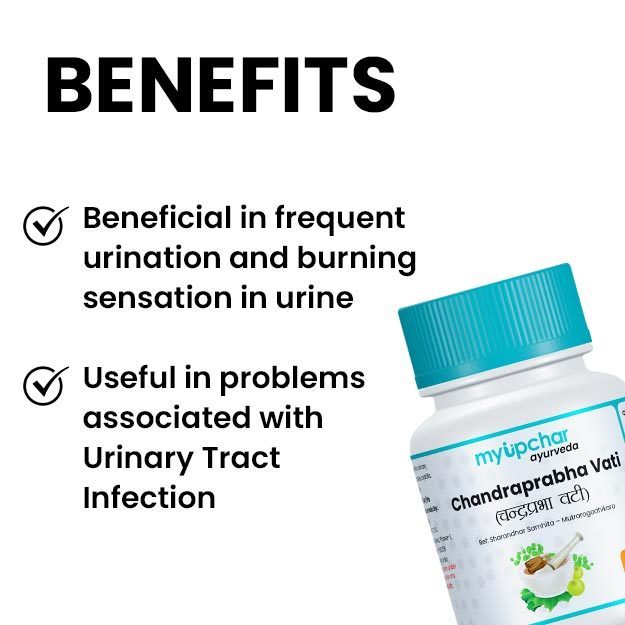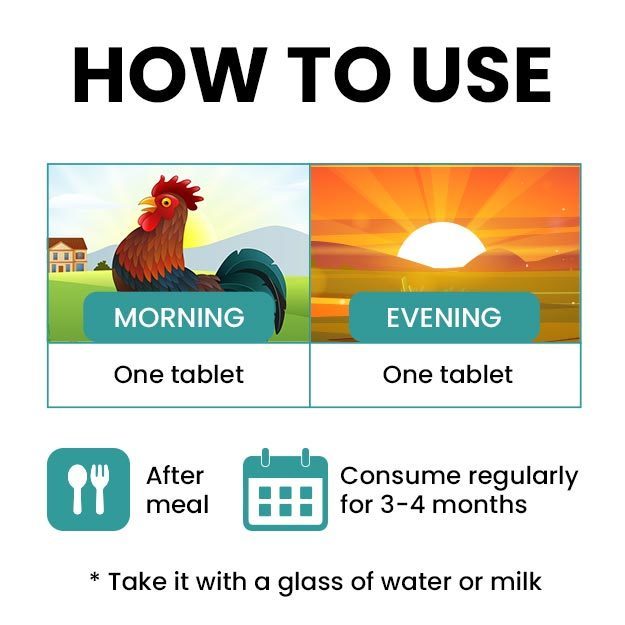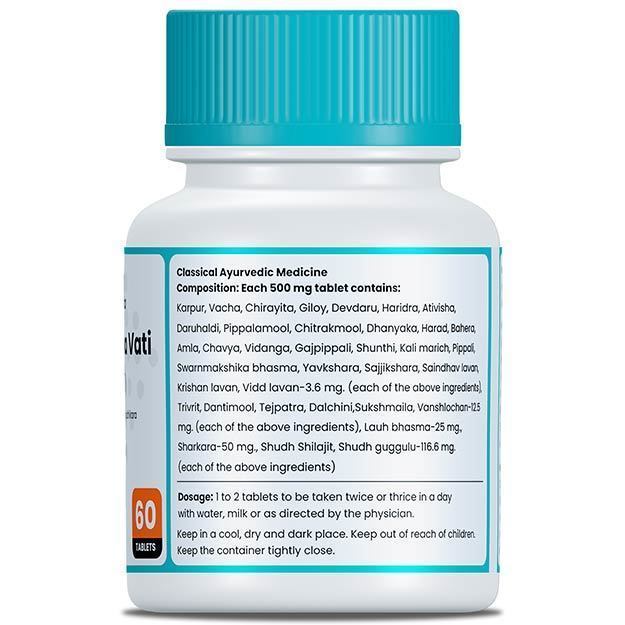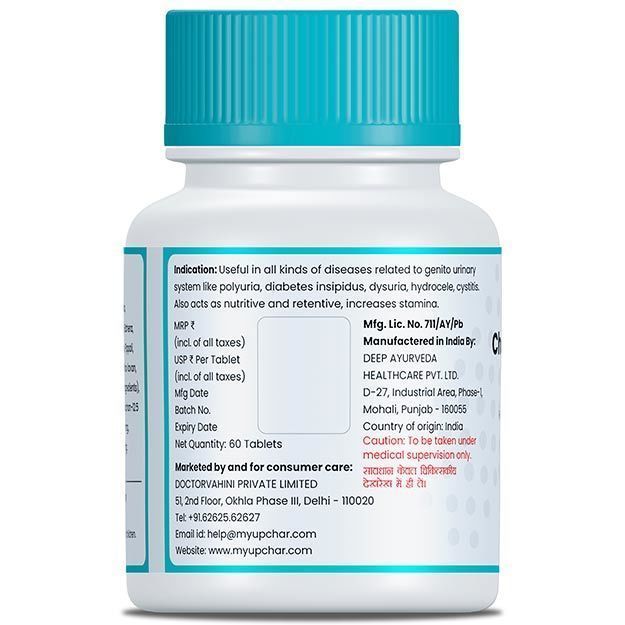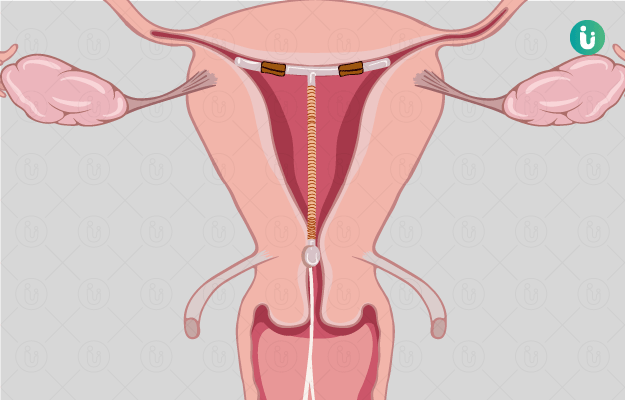A urinary tract infection (UTI), also known as a bladder infection, is a type of bacterial inflammation in the urinary tract. Women are at a higher risk of suffering from a UTI from the sixth week of pregnancy to the 24th week of pregnancy. During pregnancy, UTIs are more common due to changes in the urinary tract. The uterus is located just above the bladder. As the uterus grows, its weight also increases, which can block the drainage of urine from the bladder, leading to infection.
(Read more - How many days does it take to cure UTI)

